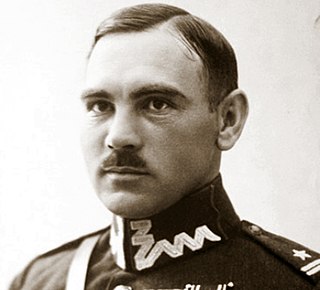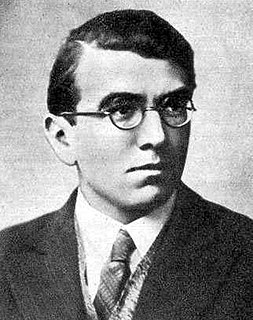 W
WMaksymilian Ciężki was the head of the Polish Cipher Bureau's German section (BS–4) in the 1930s, during which time—from December 1932—the Bureau decrypted German Enigma messages.
 W
WLt. Col. Jan Kowalewski was a Polish cryptologist, intelligence officer, engineer, journalist, military commander, and creator and first head of the Polish Cipher Bureau. He recruited a large staff of cryptologists who broke Soviet military codes and ciphers during the Polish-Soviet War, enabling Poland to weather the war and achieve victory in the 1920 Battle of Warsaw.
 W
WLt. Col. Karol Gwido Langer was, from at least mid-1931, chief of the Polish General Staff's Cipher Bureau, which from December 1932 decrypted Germany's military Enigma-machine ciphers. Poland's prewar achievements paved the way for Britain's World War II Ultra secret.
 W
WStefan Mazurkiewicz was a Polish mathematician who worked in mathematical analysis, topology, and probability. He was a student of Wacław Sierpiński and a member of the Polish Academy of Learning (PAU). His students included Karol Borsuk, Bronisław Knaster, Kazimierz Kuratowski, Stanisław Saks, and Antoni Zygmund. For a time Mazurkiewicz was a professor at the University of Paris; however, he spent most of his career as a professor at the University of Warsaw.
 W
WMajor Franciszek Pokorny was a Polish Army officer who, after World War I, headed the Polish General Staff's Cipher Bureau before Major Gwido Langer.
 W
WMarian Adam Rejewski was a Polish mathematician and cryptologist who in late 1932 reconstructed the sight-unseen German military Enigma cipher machine, aided by limited documents obtained by French military intelligence. Over the next nearly seven years, Rejewski and fellow mathematician-cryptologists Jerzy Różycki and Henryk Zygalski developed and used techniques and equipment to decrypt the German machine ciphers, even as the Germans introduced modifications to their equipment and encryption procedures. Five weeks before the outbreak of World War II the Poles, at a conference in Warsaw, shared their achievements with the French and British, thus enabling Britain to begin reading German Enigma-encrypted messages, seven years after Rejewski's original reconstruction of the machine. The intelligence that was gained by the British from Enigma decrypts formed part of what was code-named Ultra and contributed—perhaps decisively—to the defeat of Germany.
 W
WJerzy Witold Różycki was a Polish mathematician and cryptologist who worked at breaking German Enigma-machine ciphers before and during World War II.
 W
WHenryk Zygalski was a Polish mathematician and cryptologist who worked at breaking German Enigma ciphers before and during World War II.